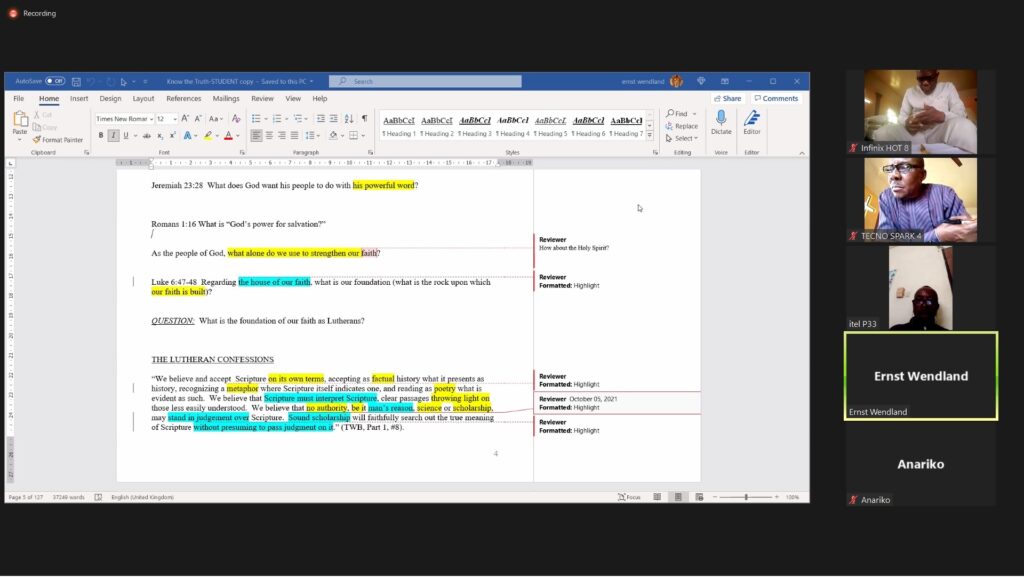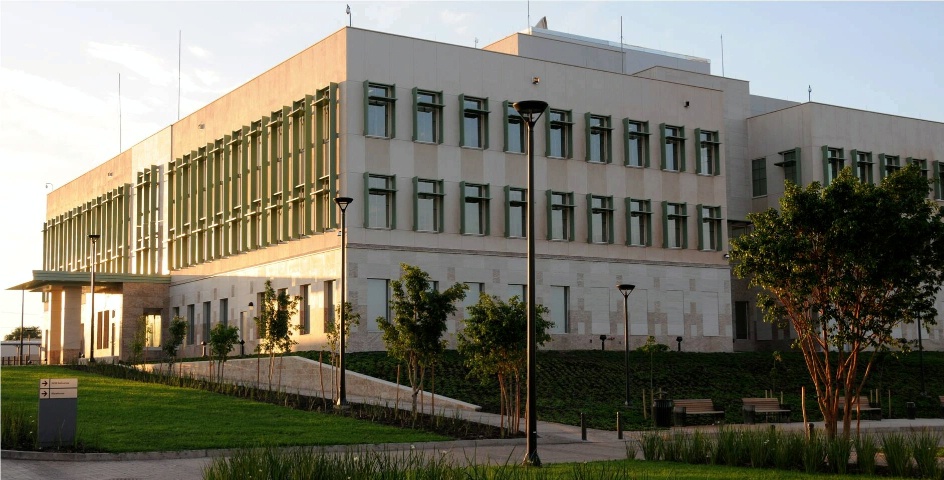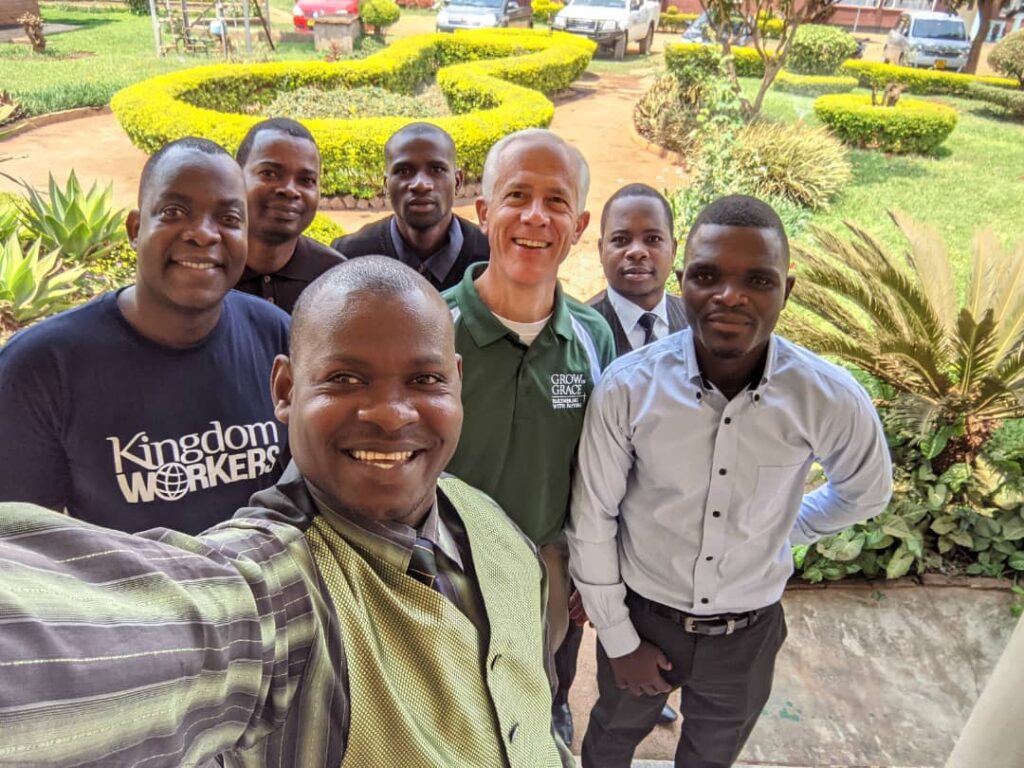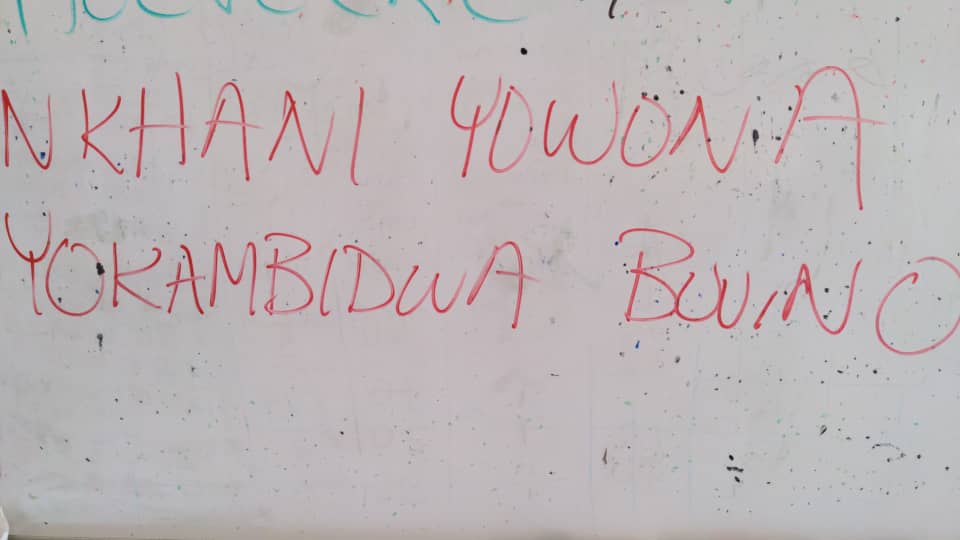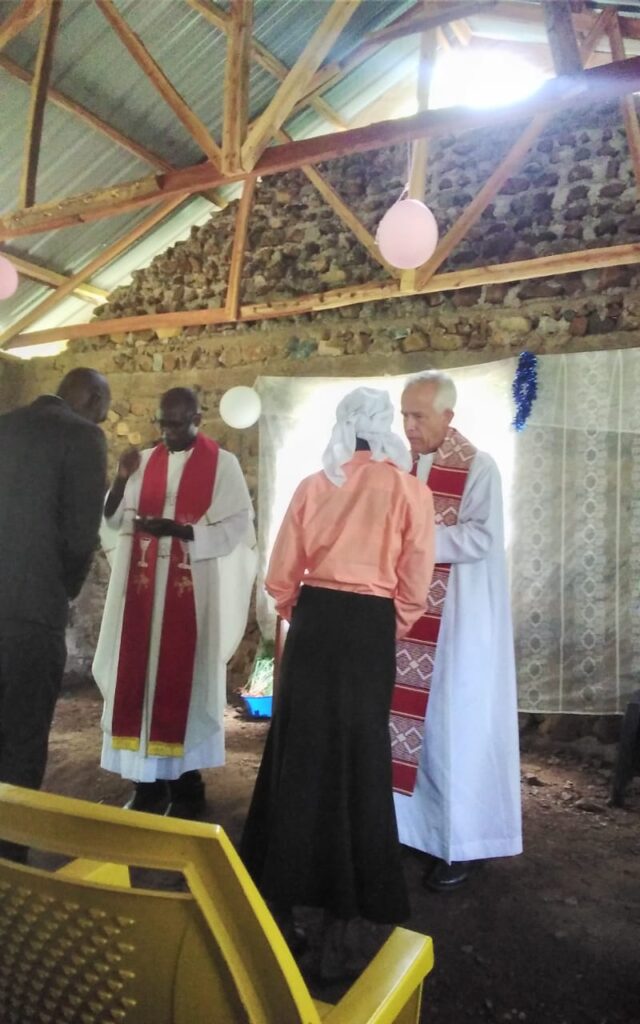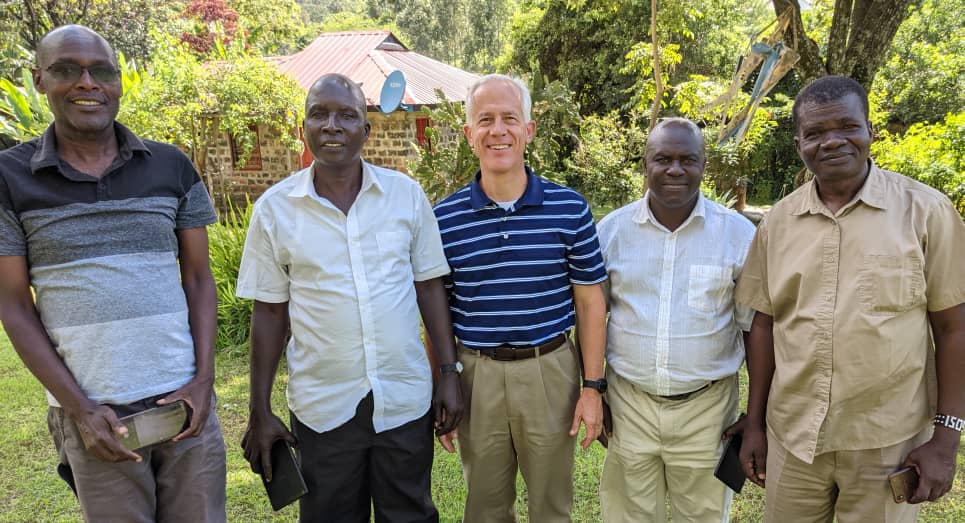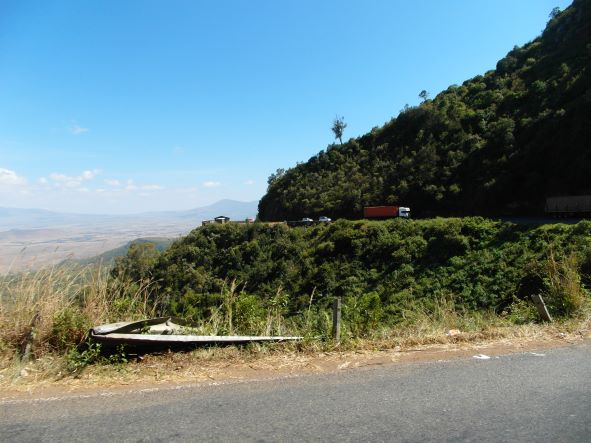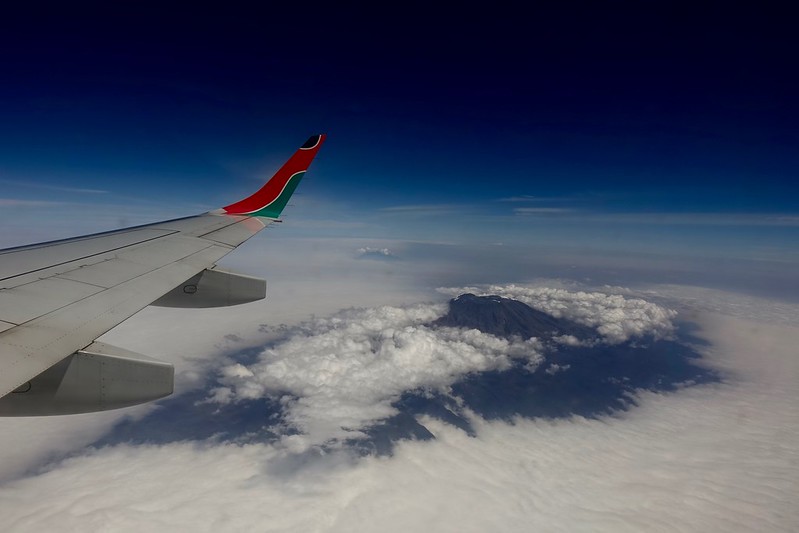A Bigger Plan
Things did not go according to the plan. No, not even by a mile.
What was the plan? The Lutheran Church of Ethiopia (LCE) wanted to start a Lutheran nursery school. The plan was that there would be three age levels – something like nursery school, preschool, and kindergarten. In addition to the normal subjects, students would be taught the word of God. The LCE planned to offer these classes in the city of Bishoftu, in the building where their largest congregation gathers to worship every Sunday. They planned to enroll about 75 students, some from their own membership and others from their community. The LCE leaders contacted all the appropriate government offices. They were very careful to follow all the government rules and regulations. And if everything went well with the nursery school, then they would add Grade 1 the following year. That was the plan.
But things did not go according to the plan. In fact, none of it happened. Everything failed. There is no nursery school in Bishoftu. Not a single child is enrolled there.
A Snag in Plans
What happened? As the time drew near for the school to open, it became clear that things were not going to go smoothly. All along, the government officials had been saying, “Oh yes, everything is fine,” yet they were delaying and delaying and delaying. They were refusing to give their final approval for the school. No one would say what the reason for their refusal was, but the bottom line for the LCE was that the local government officials would not grant permission for the school. All their carefully laid plans had failed.
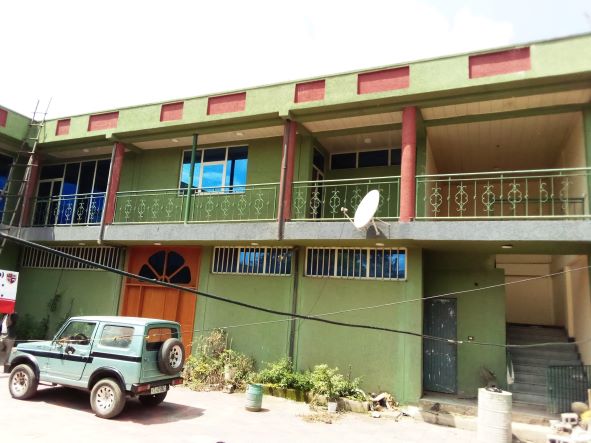
But God had other plans. Shortly after the bottom fell out in Bishoftu, the LCE was contacted by the Bureau of Education from a nearby town. The nearby town is called Dukem; it’s just a few miles from Bishoftu. The government officials from Dukem urgently pleaded with the members of the LCE, “If they will not let you have a school in Bishoftu… please, please, please come and have your school in Dukem!” They helped the LCE find two buildings where classes could be held. The officials in Dukem promised that they would provide government land on which to build a new facility in the future. They strongly urged the LCE not to limit the enrollment to just three levels of nursery school, but also to include some higher grades as well. They quickly processed all the paperwork and gave the necessary approvals.
A Greater Opportunity
And what was the end result? A brand new school in Dukem with two separate campuses. About 30 new teachers. Students in the 3 nursery levels, plus Grade 1, Grade 2, Grade 3 and Grade 4. Current enrollment: 759. That’s right, seven hundred and fifty-nine. That’s ten times more than the LCE had originally planned.
Do you ever end your prayers the way Jesus did in the Garden of Gethsemane: “Not my will, but yours be done”? How do you feel when you say those words? Honestly, when I say those words, I’m often thinking to myself, “My will is the best. God’s will is second-best, and I’ll be disappointed if that’s what I receive. So God, please help me to grin and bear it when I don’t get what I want.”
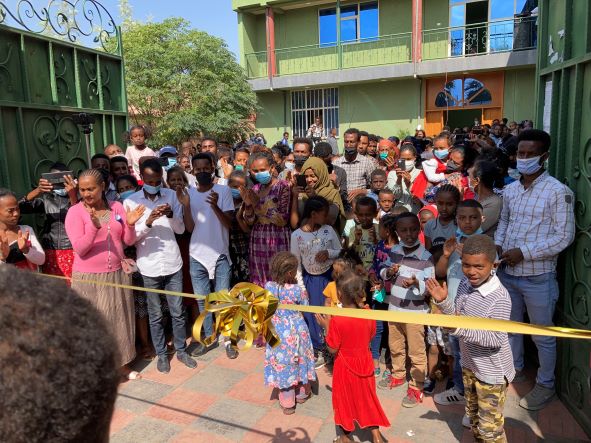
Our Christian brothers and sisters in the LCE did not get what they had planned or wanted. They got ten times more than that.
So go ahead and make your plans. Make those plans as bold and ambitious as you see fit. But in the end, submit yourself to the will of God – not because you have to, but because God’s plans are better than yours.
Now to him who is able to do immeasurably more than all we ask or imagine, according to his power that is at work within us, to him be glory in the church and in Christ Jesus throughout all generations, forever and ever! Amen. (Ephesians 3:20,21).
Mark Panning lives in Malawi
Please pray for those working in fields that are ripe for harvest. Share their story, engage with future news and receive updates. Learn more about our mission fields in Africa and how the Holy Spirit is working faith in people’s hearts at https://wels.net/serving-others/missions/africa
